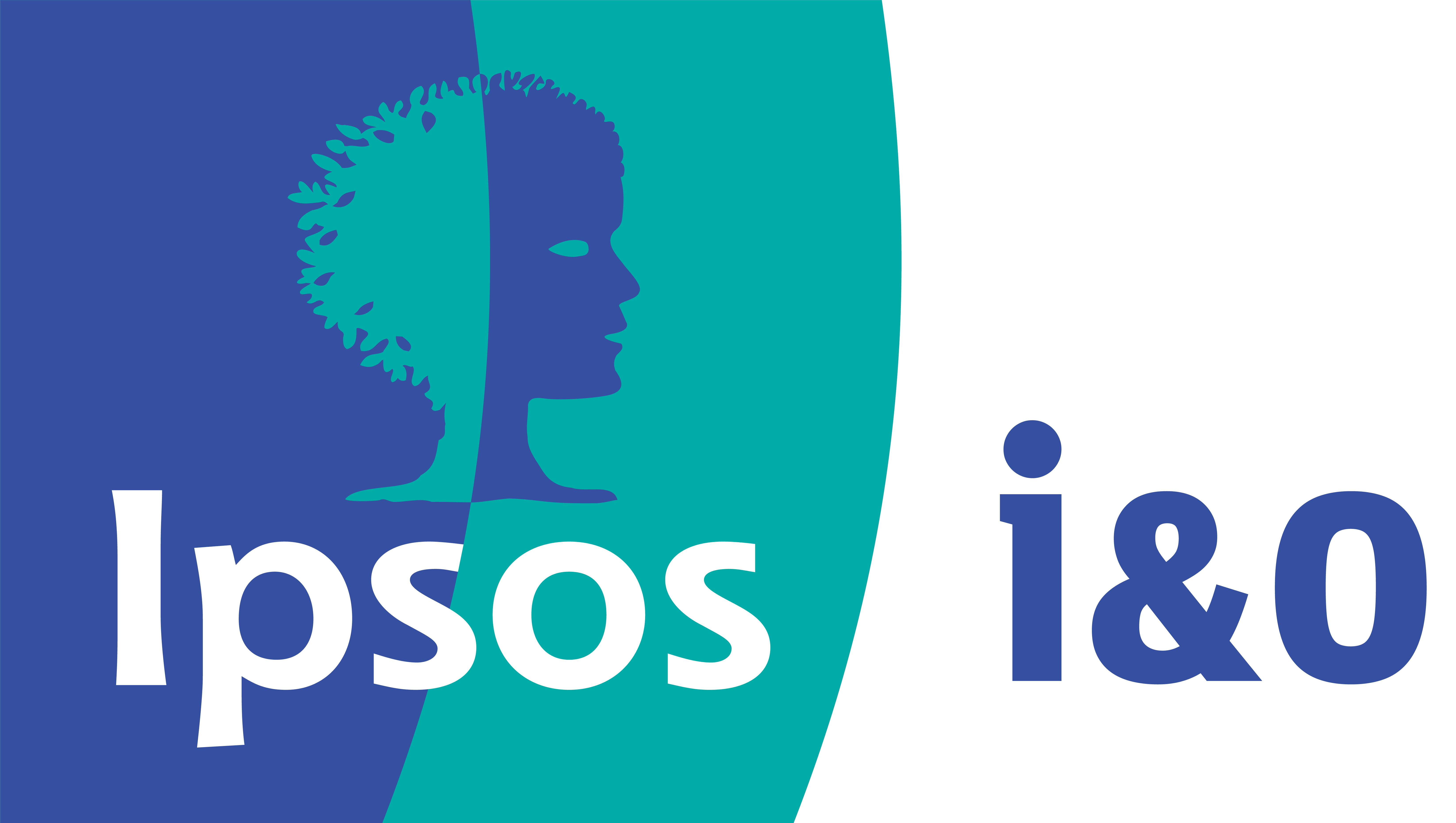Search
-
Ipsos Update – November 2023
Health, trust, ESG… Ipsos Update explores the latest and greatest research & thinking on key topics from Ipsos teams around the world.
-
Why respondent centric research drives quality insights
To ensure optimal data quality, insights and recommendations, it is critical for clients and research agencies to respect the needs of research participants.
-
Ipsos Update – October 2023
Education, infrastructure, healthcare… Ipsos Update explores the latest and greatest research & thinking on key topics from Ipsos teams around the world.
-
Mental health is now the number one health problem, ahead of cancer and coronavirus
48% across 31 countries say the quality of the healthcare in their country is good – but the picture is inconsistent.
-
AI's transformative influence: Elevating market research quality for success
In the fast-paced world of business, having precise and top-quality information is like having a valuable asset. Artificial Intelligence (AI) is the key to making this information even better.
-
Creative Excellence helps advertisers to bring back the magic by using research to inspire and empower creativity
Creative Excellence brings back the magic.
-
Conversations with AI Part II: Unveiling AI quality in qualitative workstreams
In this white paper we explore how generative AI can be used within qualitative research.
-
The role of Multifactor Authentication in reliable research
Maintaining high-quality panels is a crucial aspect of market research, as it directly impacts the reliability and accuracy of insights. See how Ipsos is taking proactive measures to uphold research standards.
-
What is driving change: the role of stakeholder management
While the concepts that sit behind ESG are certainly not new - and have been at the centre of corporate strategy for decades - the growth and formalisation of ESG as an explicit mission have been catalysts for change. The impacts of this change are far reaching including how companies define, prioritise and manage their stakeholders. This is demonstrated by the rise of stakeholder capitalism, the notion that businesses no longer exist to create profit for shareholders/owners, but instead have a responsibility to create value for a much broader set of stakeholders.
-
Global perspectives on inequality: What does it mean, who are we worried about, and how much do we care?
Around the world, inequality is a more salient issue for younger generations, who are also less likely than older people to believe they live in a society that rewards merit and hard work. But there are some important differences between different groups in how inequality is defined, and who is thought to suffer because of it.
